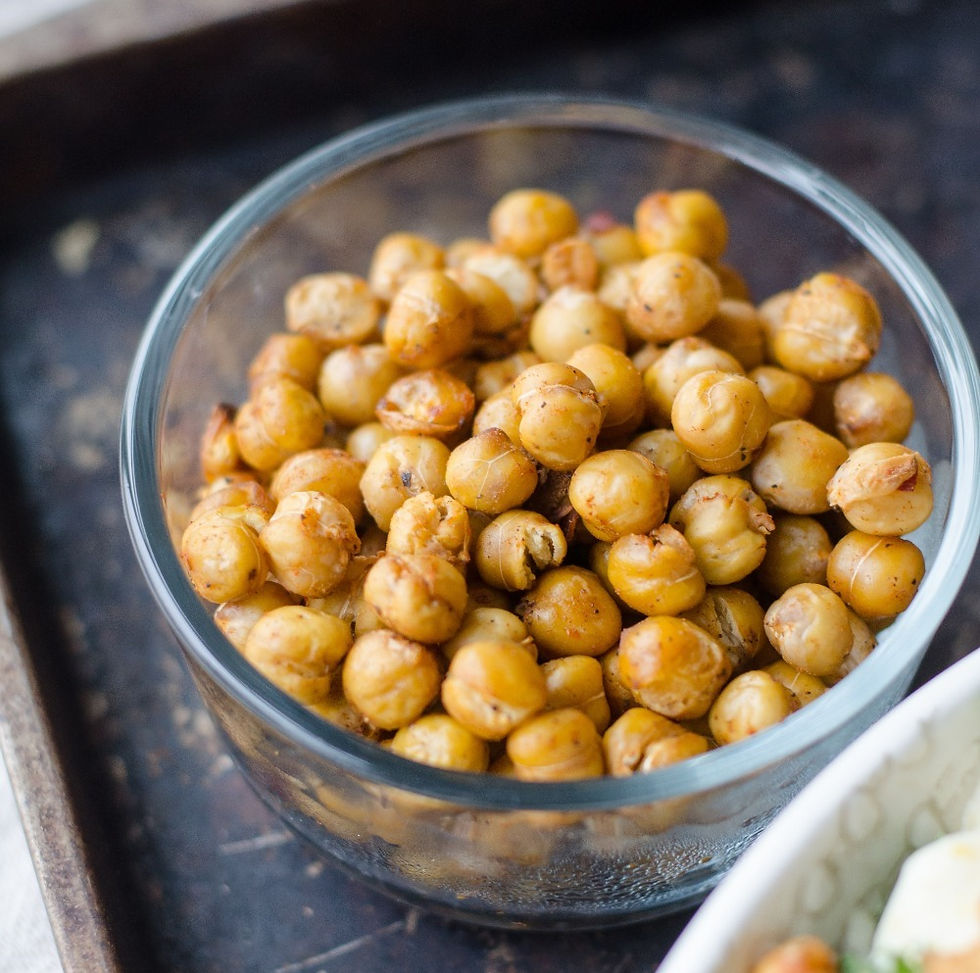Estrogen is a group of hormones that play a crucial role in the development and functioning of female sexual characteristics and the reproductive process, basically helping with things like periods and having babies. It's essential for various bodily functions, including regulating the menstrual cycle and affecting the reproductive system, urinary tract, heart and blood vessels, bones, breast tissues, skin, hair, mucous membranes, pelvic muscles, and the brain.
How Certain Foods Can Help Balance Hormones
Some foods have natural substances called phytoestrogens, which are similar to estrogen. Eating these foods can help increase estrogen levels in the body. This can be especially helpful for older women who are experiencing changes like hot flashes or mood swings due to lower estrogen levels. Essentially, these foods help keep the body's hormone levels more balanced. However, the effect of phytoestrogens can vary based on individual factors and the type of phytoestrogen consumed.
15 Foods That Are High in Estrogen
Chickpeas: Excellent source of phytoestrogens, reducing symptoms like hot flashes and insomnia. It also provides fibre, protein, and folate.

Flaxseeds: High in phytoestrogens, omega-3 fatty acids, antioxidants, and protein, supporting a healthy reproductive system and hormone levels.

Soy Products (Soy Milk and Tofu): Contain plant-based estrogen and protein, balancing hormones naturally.

Beans: Source of phytoestrogens, protein, and fibre, helping to reduce menopausal symptoms.

Kelp Seaweed: Contains iodine and plant-based estrogens, supporting hormone balance and reducing menopause symptoms.

Sunflower Seeds: Rich in phytoestrogens and essential fatty acids like omega-3s, promoting hormone balance and overall health during menopause.

Peaches and Plums: Good sources of phytoestrogens, fibre, vitamin C, and potassium

Sesame Seeds: High in phytoestrogens, calcium, iron, and magnesium, beneficial for menopausal health.

Herbs and Spices (Sage, Oregano, Cloves, Nutmeg): Contain phytoestrogens, antioxidants, and other nutrients.

Other Vegetables and Fruits: Broccoli, brussels sprouts, cabbage, sweet potato, pumpkin, carrots, apples, pomegranates, blackberries, blackcurrants, kiwi, and watermelon.

Red Wine: Contains resveratrol, a phytochemical similar to estrogen, potentially reducing the risk of cardiovascular disease and breast cancer.

Dairy Products: Milk, yoghurt, and cheese are high in calcium, and important for bone health during menopause.

Lean Protein: Chicken, tuna, turkey, and lean beef are good for bone strength and muscle mass.

Nuts: Pistachios, peanuts, and walnuts are easy snacks high in phytoestrogen.

Other Grains and Seeds: Besides flaxseeds, other grains and seeds like whole grains, sunflower seeds, sesame seeds, and pumpkin seeds are also beneficial.
Understanding Estrogen: Consulting a Healthcare Provider
It's important to note that while these foods have potential benefits, individual health conditions and dietary preferences should be considered. Consulting a healthcare provider before making significant dietary changes is advisable.

Comments